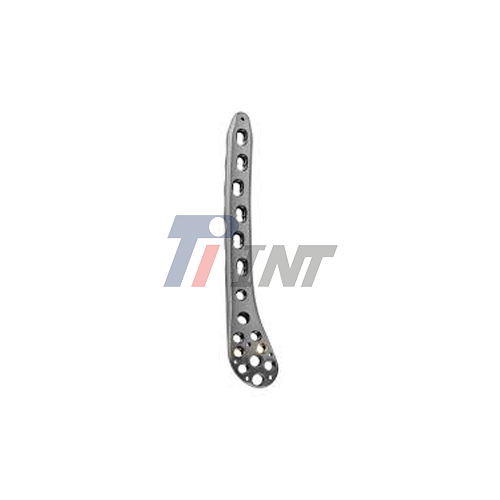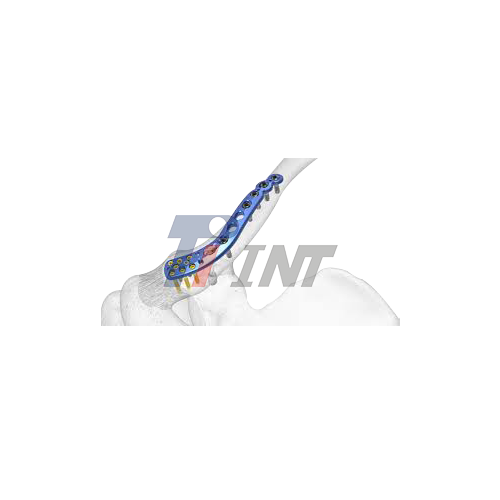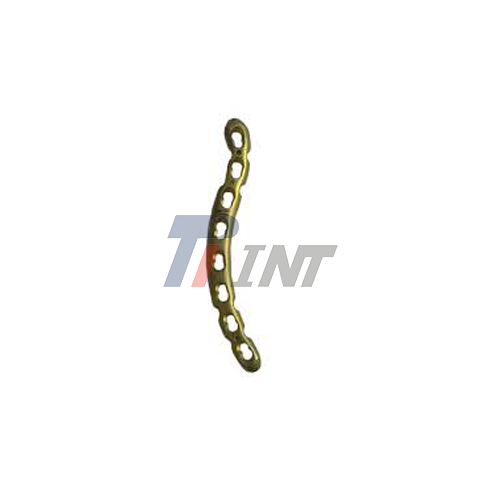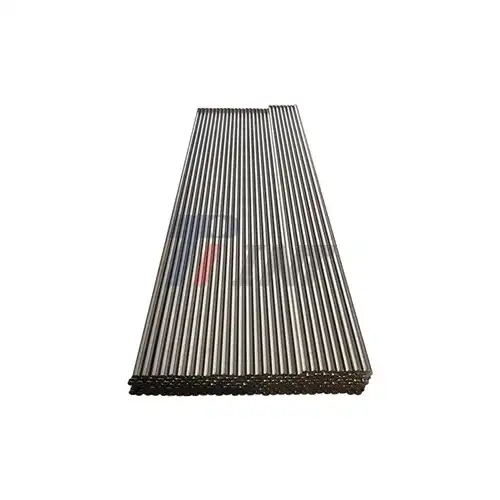The Science Behind Milled Titanium Bar Dental Products
Milled titanium bar dental products represent a significant advancement in dental materials science. These bars are typically crafted from high-grade titanium alloys, such as Grade 5 (Ti-6Al-4V) or Grade 23 (Ti-6Al-4V ELI), known for their exceptional mechanical properties and biocompatibility. The use of advanced manufacturing techniques, particularly computer-aided design and manufacturing (CAD/CAM), allows for the creation of highly precise and customized titanium bars tailored to each patient's unique dental anatomy.
Material Composition and Properties
The titanium alloys used in dental milled bars possess a unique combination of properties that make them ideal for oral applications. These alloys exhibit remarkable tensile strength, surpassing that of many traditional dental materials. This enhanced durability ensures that dental restorations can withstand the considerable forces exerted during mastication without compromising their structural integrity.
Moreover, the non-toxic nature of medical-grade titanium alloys is paramount in their selection for dental use. These materials are free from harmful substances, ensuring long-term safety for patients. The biocompatibility of titanium allows for excellent osseointegration, promoting a strong bond between the implant and the surrounding bone tissue.
Advanced Manufacturing Processes
The production of milled titanium bar dental components involves cutting-edge manufacturing processes. State-of-the-art milling techniques, such as multi-axis CNC machining, enable the creation of complex geometries with micron-level precision. This level of accuracy is crucial for ensuring a perfect fit and optimal functionality of the final dental restoration.
One of the key advantages of the milling process is the ability to achieve a smooth surface finish. This characteristic is vital for dental applications as it promotes better integration with human tissue and significantly reduces the risk of complications during surgical procedures and long-term use. The smooth surface also contributes to improved aesthetics and patient comfort.
Benefits and Applications of Dental Milled Titanium Bars
The adoption of milled titanium bar dental products has brought numerous advantages to both dental practitioners and patients. These benefits extend beyond mere aesthetics, encompassing functional improvements and long-term oral health considerations.
Durability and Longevity
One of the primary advantages of dental milled titanium bars is their exceptional durability. The high strength-to-weight ratio of titanium alloys allows for the creation of lightweight yet incredibly strong dental structures. This property is particularly beneficial for large-span implant-supported restorations, where the distribution of forces is critical.
Furthermore, the outstanding fatigue resistance of titanium ensures that dental restorations can withstand years of cyclic loading without failing. This translates to longer-lasting dental work, reducing the need for frequent replacements and saving patients both time and money in the long run.
Biocompatibility and Osseointegration
The biocompatibility of titanium is a crucial factor in its success as a dental material. Milled titanium bar dental products have shown excellent tissue response, with minimal risk of allergic reactions or rejections. This property is particularly important for implant-supported restorations, where the titanium bar serves as an interface between the implant and the prosthetic crown.
The ability of titanium to osseointegrate, or fuse with bone tissue, is another significant advantage. This process creates a strong, stable foundation for dental restorations, ensuring their long-term success and functionality. The smooth surface finish of milled titanium bars further enhances this integration process, promoting faster healing and reducing the risk of complications.
Versatility in Dental Applications
Dental milled titanium bars offer remarkable versatility in their applications. They can be used in a wide range of dental procedures, including:
- Single and multi-unit implant-supported bridges
- Full-arch restorations
- Custom abutments for dental implants
- Precision attachments for removable prostheses
- Bars for overdentures
Quality Control and Certification in Milled Titanium Bar Production
The production of dental milled titanium bars is subject to rigorous quality control measures to ensure the highest standards of safety and efficacy. These stringent processes are essential given the critical role these components play in oral health and function.
Strict Quality Assurance Protocols
Leading manufacturers of milled titanium bar dental products implement comprehensive quality control systems throughout the production process. Each product typically undergoes multiple stages of testing, including:
- Material composition analysis to verify the purity and grade of the titanium alloy
- Dimensional accuracy checks using high-precision measurement tools
- Surface finish inspections to ensure smoothness and uniformity
- Mechanical testing to validate strength and durability
- Biocompatibility assessments to confirm safety for intraoral use
International Certifications and Standards
To further ensure the quality and safety of milled titanium bar dental products, reputable manufacturers adhere to international standards and obtain relevant certifications. Some of the key certifications in this field include:
- ISO 9001:2015 - International Quality Management System standard
- ISO 13485:2016 - Medical Devices Quality Management System standard
- EU CE marking - Indicating compliance with European health, safety, and environmental protection standards
Corrosion Resistance and Long-Term Performance
One of the standout features of dental milled titanium bars is their excellent corrosion resistance. This property is crucial in the oral environment, where exposure to saliva, varying pH levels, and temperature fluctuations can challenge the integrity of dental materials. The inherent corrosion resistance of titanium ensures that these dental components maintain their structural integrity and appearance over extended periods, contributing to their suitability for long-term use.
The combination of corrosion resistance, high strength-to-weight ratio, and fatigue resistance makes milled titanium bar dental products an excellent choice for durable, long-lasting dental restorations. These properties work synergistically to provide patients with reliable and functional dental solutions that can withstand the rigors of daily use for many years.
Conclusion
Dental milled titanium bars represent a significant advancement in prosthodontics, offering a perfect blend of durability, biocompatibility, and versatility. Their unique properties, coupled with advanced manufacturing techniques and stringent quality control measures, make them an invaluable tool in modern dentistry. As the field continues to evolve, it's clear that milled titanium bar dental products will play an increasingly important role in providing patients with long-lasting, functional, and aesthetically pleasing dental solutions.
For those interested in learning more about high-quality medical titanium products, including milled titanium bars for dental applications, Baoji INT Medical Titanium Co., Ltd. offers a comprehensive range of solutions. With over 30 years of experience in the research, development, and production of titanium materials, INT is at the forefront of medical titanium technology. To explore their offerings or discuss your specific needs, please contact them at export@tiint.com.



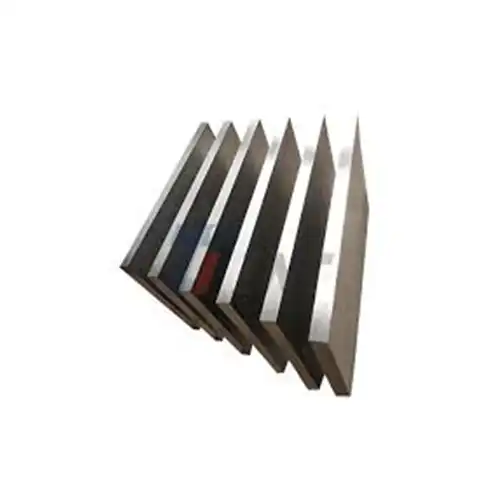






 2025-10-16 16:40:43
2025-10-16 16:40:43


_1752818317695.webp)
_1750663715751.webp)
